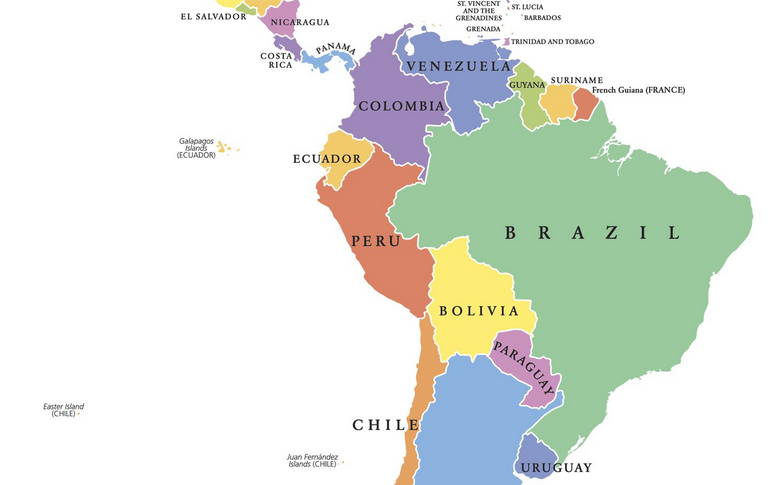Consumers in Latin America face higher prices due to lack of competition
The World Bank (WB) forecasts that the regional economy will grow by 1.6% this year, and 2.7% and 2.6% in 2025 and 2026, respectively.

Consumers in Latin America and the Caribbean face higher prices than the rest of the world, in part because of “lack of competition,” said the World Bank’s chief economist for the region.

Consumers in Latin America and the Caribbean face higher prices than the rest of the world, partly due to “lack of competition”, the World Bank’s chief economist for the region told AFP.
Latin America “has reached a critical juncture” because, despite having achieved “significant progress in economic stabilization, growth has stagnated,” says the financial institution in the report “Competition: the missing ingredient for growth?”, published Wednesday.
The World Bank (WB) forecasts that the regional economy will grow by 1.6% this year, and 2.7% and 2.6% in 2025 and 2026, respectively.
Consumers are adversely affected by this context, as they face higher prices than the rest of the world.
Prices “are very high because we have a possible lack of competition, and that means that the consumer is footing the bill,” William Maloney, the World Bank’s chief economist for Latin America and the Caribbean, explained.
In a scenario of high business concentration, a handful of companies dominate and influence markets, and have little incentive to innovate, the institution analyzes.
Seventy percent of workers are self-employed or work in companies with fewer than 10 employees, mostly engaged in low-productivity activities, the World Bank points out.
“That is partially the result of the fact that we are growing 2.3% or 2.5% as a region” and “we are not generating the most modern jobs for all those people,” Maloney explained to AFP.
On the contrary, the region can boast of “good inflation management”, reflecting decades of macroeconomic reforms.
Regional inflation, excluding Argentina and Venezuela, stands at 3.5%, compared to 5.7% in the countries of the Organization for Economic Cooperation and Development (OECD).
- Check out our free forex signals
- Follow the top economic events on FX Leaders economic calendar
- Trade better, discover more Forex Trading Strategies
- Open a FREE Trading Account


